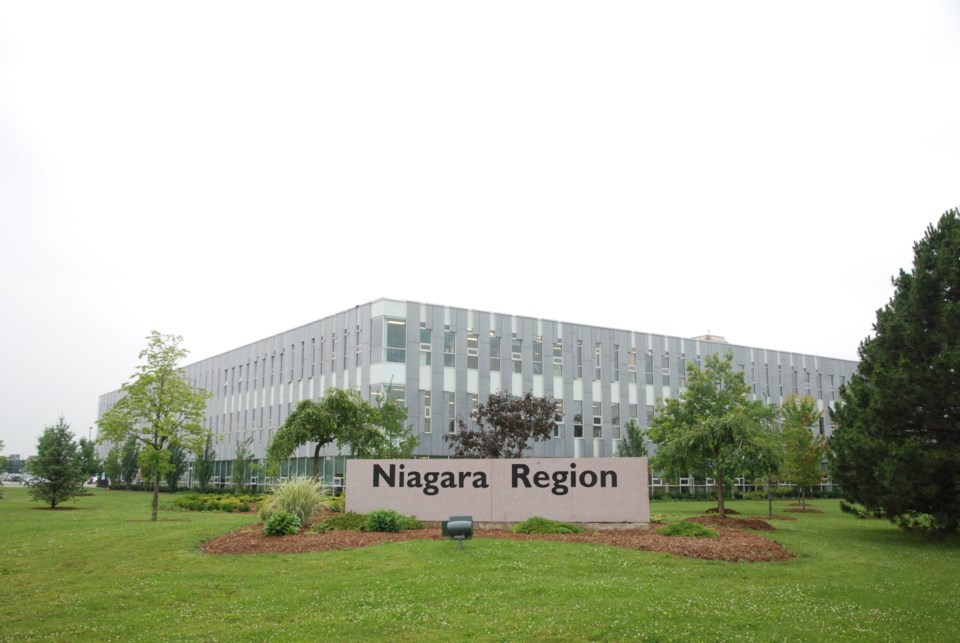Conversations about centralization and decentralization have been going on ever since organizations originated. I’m pleased to see that open conversation and debate is being stimulated in this highly politicized area.
Those who favour centralization will, inevitably, fall back on statistics and comparisons like the current comparison of the number of politicians in Niagara to the number in Hamilton. These proposals are always driven by the logic of numbers. That logic is rational, left brained, analytical, linear, logical, causal, objective, tangible, rigid, measurable, data driven, and quantitative. The logic of numbers is totally predictable and concrete and seems to give strength to the centralizing arguments.
That’s fine, but we actually live in a world that is governed by the logic of the mind, which is whole-brained, non-linear, subjective, intangible, uses soft data including emotions, and seeks to address qualitative variables. The behaviour of humans is less than totally predictable. It’s easy for some to say that emotions don’t matter in an overly logical setting, but they are just as legitimate as any number that might be presented as data.
The first victim of centralization and its standardizing tendencies will always be individuality, the second will likely be creativity. When numbers logic takes over, it becomes easy to ignore the voices of the disadvantaged and minorities. People care deeply about their democracy. Numbers logic gives only a part of the answer, it cannot determine a societal need or create a community purpose.
If a municipality can be seen as an agent of inclusion, people will get behind it and create more democracy, and that’s what we really need.
The benefits of centralization will be small improvements in costs or quantity. On the other hand, the risks will be very high, including more bureaucracy, more rigidity in decision making, reduced response, and most regrettably, the monopolization of power in the hands of an unelected bureaucracy.
In the proposed centralization model, Pelham will likely have one vote out of 15, which roughly reflects our status as 2 percent of the population of Niagara Region. Pelham has always been able to fend for itself. In this case, I believe the cost of the loss of our autonomy will be far greater than any temporary value being created by centralization.
It’s important for the reader to know that I have an obvious conflict of interest in the matter as a person who may lose my role. I find the centralizing movement to be overly simplistic and driven by flawed logic. Numbers logic provides only data points. I like to think that we gain more profound knowledge by being much closer to our communities and understanding the interests of residents.
Wayne Olson is a Pelham Town Councillor for Ward 1.

